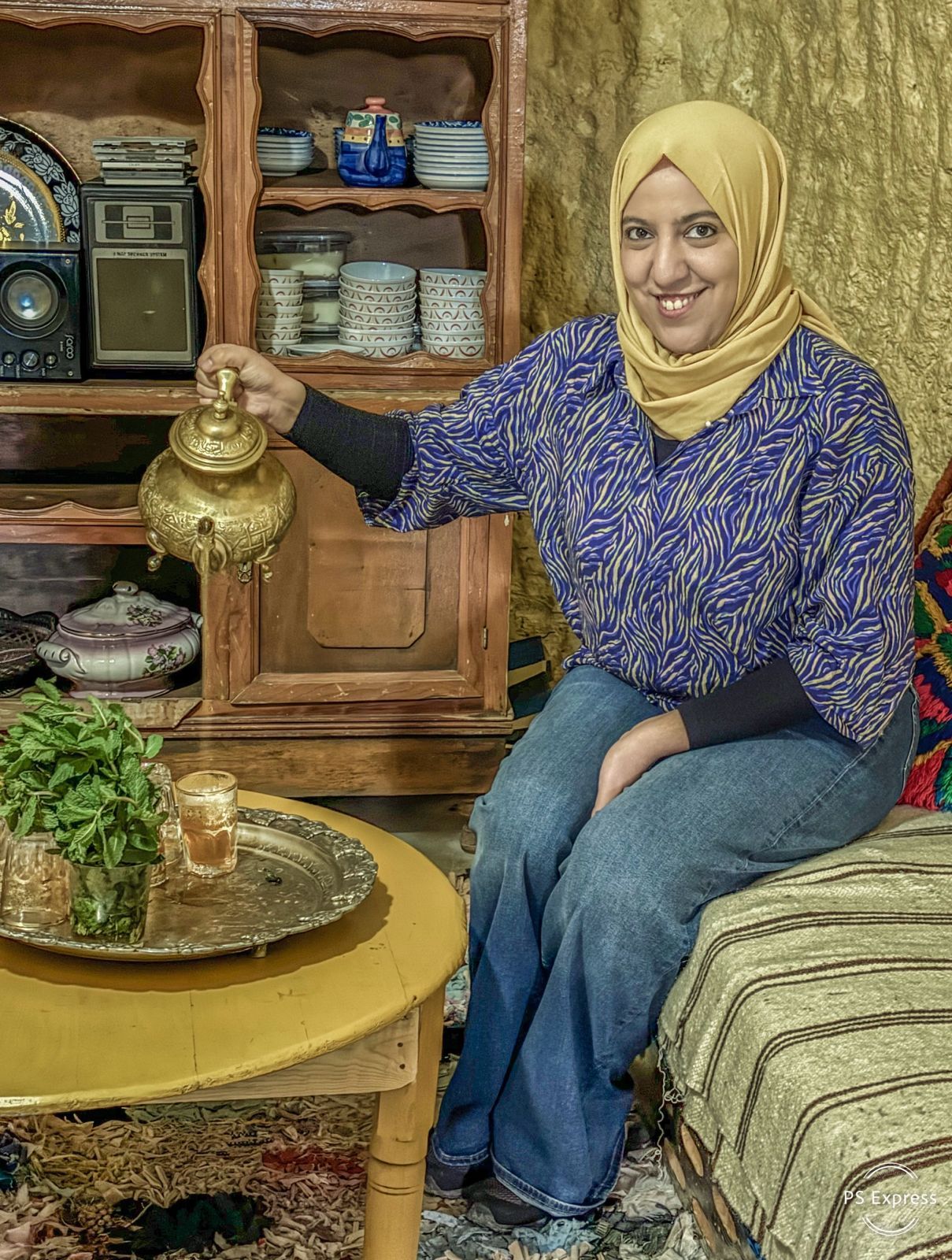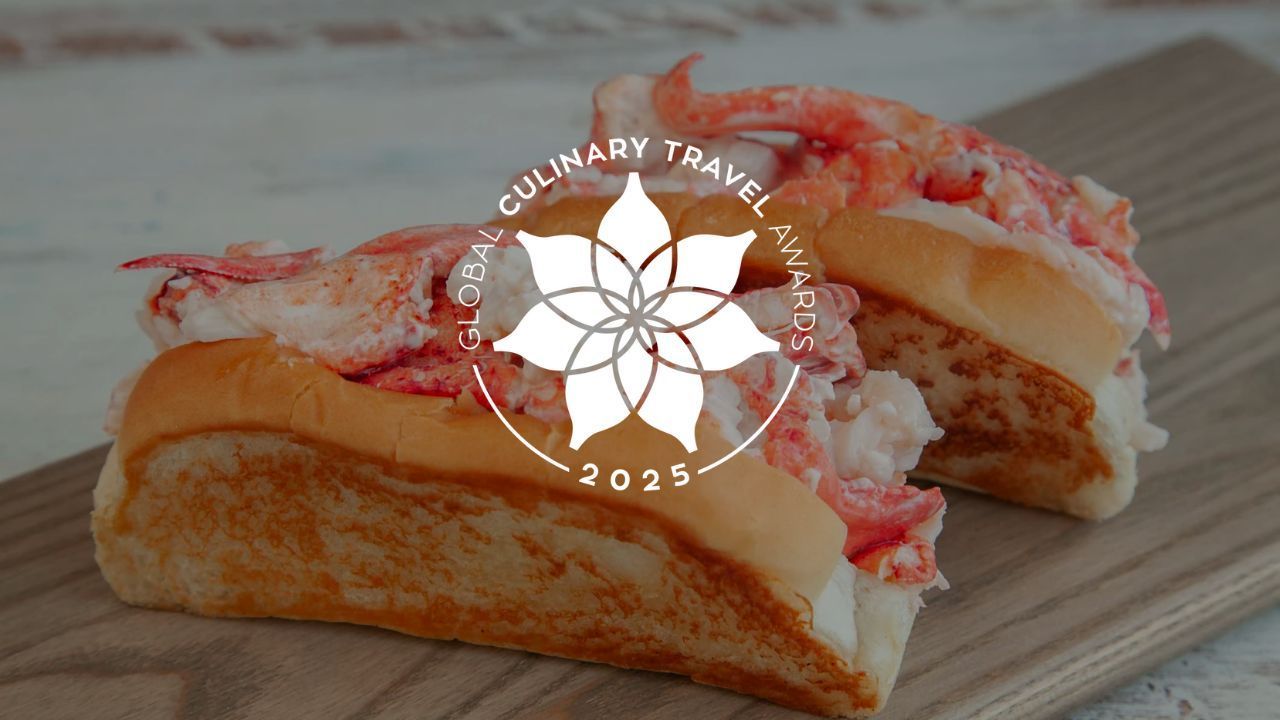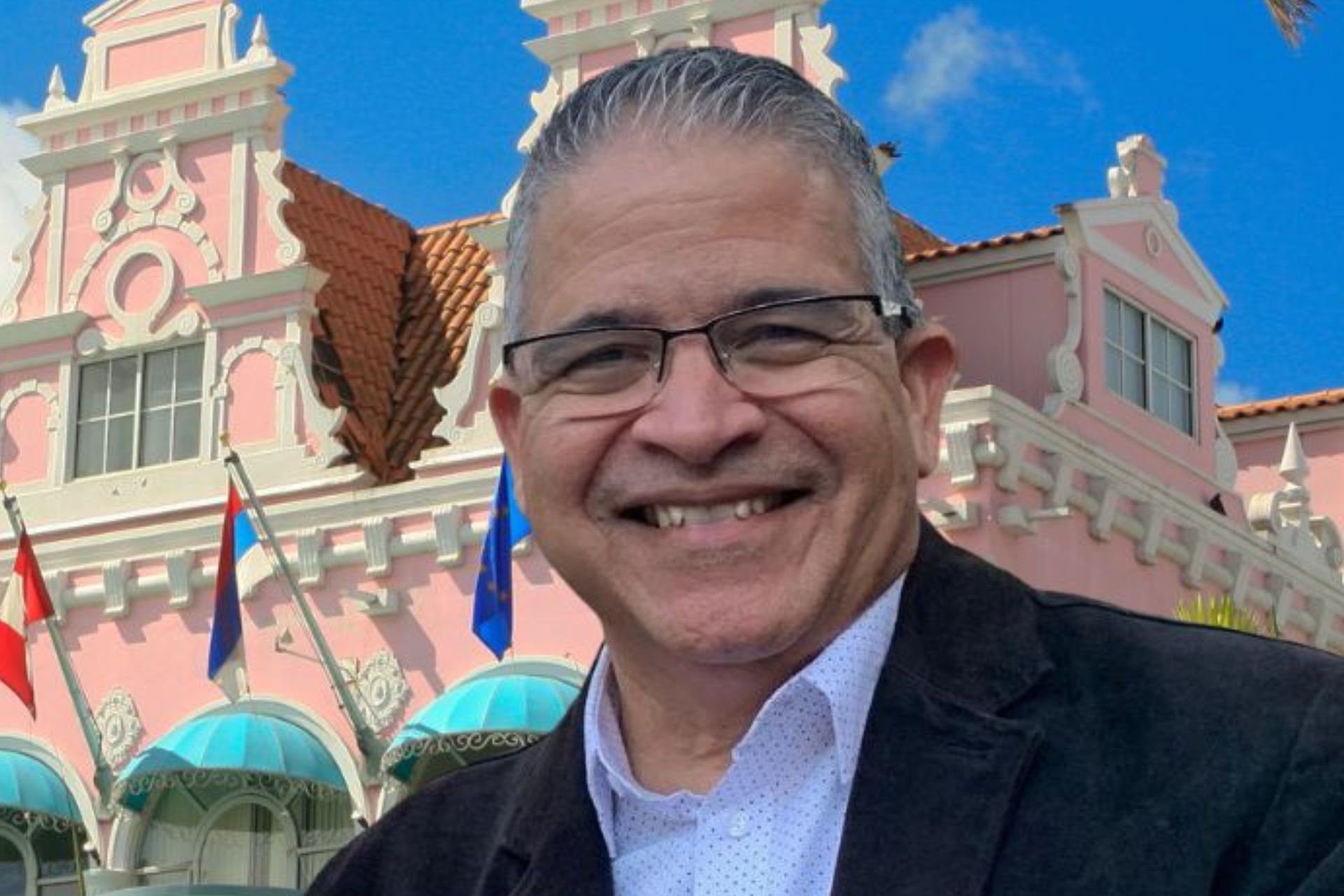Conclusions From Spain’s Recent Gastronomy Tourism Conference
Remarks of the First International Gastronomy Tourism Conference in Navarra, 22-23 February 2018
The Gastronomy Tourism Conference in Navarra has been a clear example of the growing trend of gastronomic tourism, both nationally and internationally. The collaboration of the World Food Travel Association and other international institutions has resulted in a cosmopolitan, diverse and enriching congress that shows and consolidates a bright future of gastronomic tourism for Navarra, and for Spain.
Faced with the model of low-cost tourism that is widespread, food is once again an attraction for millennials and new generations, who in turn ask for increasingly authentic and personalized experiences (food is sexy again!).
We have to enhance the Spanish culture of hospitality as a differential value, recovering patterns of professionalism and quality of employment that are also part of our gastronomic identity.
Taking advantage of the European Year of Cultural Heritage 2018, we must show the value of gastronomy as a cultural resource, including wine and other beverages identified as gastronomic heritage.
We need to pay attention to the environmental concerns of an increasing amount of demand, which includes: the reduction of food waste, animal welfare, the trend towards organic production and products of proximity. This was the point made by “Zero Positive Protocol” for restaurants, presented by the Università della Cucina Mediterránea ,, or the Erasmus + T4F project ( Training in sustainable food for development , within the framework of the European social economy), presented by ESHOB (Barcelona) .
It is important to understand that there is much more we can do beyond creating gastronomic activities. We must create experiences, increasing the emotional factors and the memorable consequences depending on specific tourist profiles.
The biodiversity of the raw material, together with a strong claim to cultural identity and culinary difference, explains the success and positioning of destinations such as Peru and Japan, and it becomes an inspiration for the rest of the gastronomic destinations.
The project “The landscapes of the Sierra de Madrid sit at the table” , puts on the spotlight the value of the identity of the territory, the quality of the product, the passion of the producer, and the wisdom of the cook. These are the four fundamental pillars to create and position gastronomic tourism in a destination, just as the project has been presented to the market at FITUR 2018, with its circuits already ready to be commercialized, based on the Sierra de Guadarrama and the Sierra Norte from Madrid.
The passion for culinary innovation should not make us forget the tradition since the return to tradition turns out to be paradoxically the greatest of the vanguards.
The technological advances to attract gastronomic tourists are very intense; but it is necessary to invest more in developing personalized, segmented and original content, prepared for digital formats.
We have to remember that what turns a gastronomic destination into an intelligent one is not just the accumulation of technology; but the balanced combination of technological innovation, personal experiences of high impact, and management of sustainability.
The large online booking platforms are also increasingly aware that the key to their future success lies in the high-quality content and storytelling, which are essential in the choice of culinary destination.
It is necessary to find the tools that allow adequate communication and promotion of the kitchen and cooks; which are adapted to the particular knowledge, seasons, schedules and work spaces of these professionals.
The data presented at the demand for culinary tourism presented for Spain at the gastronomy tourism conference shows that as the tourist’s knowledge specializes and diversifies, their degree of satisfaction tends to be higher; demanding products that are increasingly personalized and intense in emotions. This leads us to an enormous and immediate challenge in innovation, specialization and diversification in gastronomic tourism products.
We need more unified market intelligence to be able to advance in gastronomic tourism product design. This in turn will allow us to make informed marketing decisions and adapt the products to each of the segments; from the seniors or “silvers” to the new generations of young, hedonistic and responsible gourmets.
We have to avoid the crowds and commodification of the tourist-gastronomic experience. We must thematise and interpret gastronomic heritage, to avoid the risk of damaging the tourist experience and loss of identity.
We can take advantage of the demand from the large emitting markets that have a deep culinary culture, while on the other hand we create culinary culture and awareness in new markets and new segments that will feed our gastronomic tourism in the future.
We must also thank the tremendous passion that we have seen in this congress from the agri-food producers, who bring us the voice of the land that is where everything is born.
José María de Juan Alonso
Director of KOAN Consulting , a collaborating entity of the Congress, in conjunction with the World Food Travel Association (WFTA), which he represents in Spain as a member of its Board of Directors. At the gastronomy tourism conference, he provided professional advice, in addition to moderating the round table on “The perspective of the tourist.”
Conclusiones del I Congreso Internacional de Turismo Gastronómico Navarra, 22-23 de febrero 2018
El Congreso ha sido una clara muestra del creciente empuje del turismo gastronómico, tanto en los ámbitos nacional como internacional. La colaboración de la World Food Travel Association y de otras instituciones internacionales se ha traducido en un congreso cosmopolita, diverso y enriquecedor, que muestra y consolida un brillante futuro del turismo gastronómico para Navarra y para España.
Frente al modelo de turismo low cost que se generaliza, la comida vuelve a ser un atractivo para los millennials y las nuevas generaciones, que piden a cambio experiencias cada vez más auténticas y personalizadas (food is sexy again!).
Tenemos que potenciar la cultura española de la hostelería como un valor diferencial, recuperando patrones de profesionalidad y de calidad del empleo que forman parte también de nuestra identidad gastronómica.
Aprovechando el Año Europeo del Patrimonio Cultural 2018, tenemos que reivindicar el valor de la gastronomía como recurso cultural, incluyendo el vino y las demás bebidas de forma indisoluble con este patrimonio gastronómico.
Necesitamos prestar atención a las preocupaciones ambientales de una cantidad cada vez mayor de la demanda, lo que incluye entre otros factores: la reducción del desperdicio alimentario, el bienestar animal, la tendencia a la producción ecológica y los productos de proximidad; así nos lo han orientado el “Protocolo Zero Positivo” para restaurantes presentado por la Università della Cucina Mediterránea , o el proyecto Erasmus+ T4F ( Formación en alimentación sostenible para el desarrollo , en el marco de la economía social europea) presentado por ESHOB (Barcelona).
Es importante recorrer el camino desde la mera actividad hacia la experiencia gastronómica, aumentando los factores emocionales y las consecuencias memorables en función de perfiles de turista específicos.
La biodiversidad de la materia prima, unida a una fuerte reivindicación de la identidad cultural y la diferencia culinaria, explica el éxito y posicionamiento de destinos como Perú y Japón, y sirve de inspiración para el resto de los destinos gastronómicos.
El proyecto “Los paisajes de la Sierra de Madrid se sientan a la mesa” , nos ha reivindicado el valor de la identidad del territorio, la calidad del producto, la pasión del productor y la sabiduría del cocinero. Éstos son los cuatro pilares fundamentales para crear y posicionar el turismo gastronómico en un destino, tal como se ha presentado el proyecto al mercado en FITUR 2018, con sus circuitos ya listos para ser comercializados, basados en la Sierra de Guadarrama y en la Sierra Norte de Madrid.
La pasión por la innovación culinaria no debe hacernos olvidar la tradición, ya que la vuelta a la tradición resulta ser paradójicamente la mayor de las vanguardias.
Los avances tecnológicos para captar turistas gastronómicos son muy intensos; pero es necesario invertir más en desarrollar contenidos personalizados, segmentados y originales, preparados para los formatos digitales.
Tenemos que recordar que lo que convierte a un destino gastronómico en inteligente no es solamente la acumulación de tecnología; sino la combinación equilibrada de: innovación tecnológica, experiencias personales de alto impacto y gestión de la sostenibilidad.
Las grandes plataformas de reservas on line son también cada vez más conscientes de que la clave de su éxito futuro está en los contenidos y storytelling de alta calidad, que son esenciales en la elección del destino gastronómico.
Es necesario encontrar las herramientas que permitan la comunicación y promoción adecuadas de la cocina y los cocineros; las cuales se adapten a los particulares saberes, temporadas, horarios y espacios de trabajo de estos profesionales.
A la luz de los datos presentados sobre la demanda de turismo gastronómico en España, es claro que este turista se especializa y diversifica, y que su grado de satisfacción tiende a ser elevado; exigiendo al mismo tiempo un producto cada vez más personalizado e intenso en emociones. Ello nos lleva a un enorme e inmediato reto en innovación, especialización y diversificación en producto turístico gastronómico.
Necesitamos más inteligencia de mercado unificada para poder avanzar en producto turístico gastronómico, la cual permita tomar decisiones de marketing muy bien informadas y adaptar los productos a cada uno de los segmentos; desde los seniors o “silvers” a las nuevas generaciones de jóvenes gourmets hedonistas y responsables.
Tenemos que evitar masificaciones y banalizaciones de la experiencia turístico-gastronómica, centrándonos en la demanda y no solo en el producto o el territorio; tematizando e interpretando el patrimonio gastronómico, para evitar el riesgo de dañar la experiencia turística y de perder identidad.
Podemos aprovechar la demanda de los grandes mercados emisores que cuentan con alta cultura gastronómica, mientras por otro lado creamos cultura y conciencia gastronómicas en nuevos mercados y nuevos segmentos que alimentarán nuestro turismo gastronómico en el futuro.
Tenemos que dar también las gracias a la tremenda pasión que hemos visto en este congreso en los productores agroalimentarios presentes, que nos traen en vivo la voz de la tierra que es donde nace todo.
José María de Juan Alonso
Director de KOAN Consulting , entidad colaboradora del Congreso, en conjunto con la WFTA-World Food Travel Association, a la que representa en España como miembro de su Consejo de Asesores. Ha llevado a cabo la asesoría científica y la relatoría del Congreso, además de moderar la mesa redonda sobre “La perspectiva del turista”.











